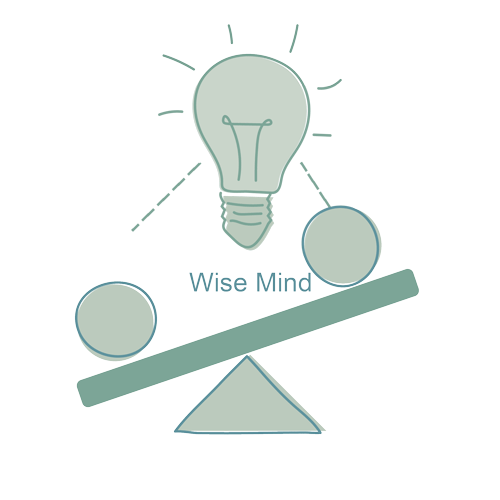The Health Resiliency Institute
Supporting people touched by illness
Helping people develop skills and nurture the inner wisdom needed to remain guided by what matters most, even in the face of health challenges.
This non-profit expands access to affordable training in practical skills that support patients, caregivers, and professionals through cancer and other health challenges.
Our Work
This training program, designed by Ronda Reitz and Elizabeth Cohn Stuntz, builds on Stuntz’s book Coping With Cancer (co-authored with DBT founder Marsha Linehan). Drawing on DBT, Zen, neuroscience, psychoanalysis, and lived experience of illness, it shares skills to:
Make complicated decisions under stress
Constructively manage powerful emotions without becoming overwhelmed
Effectively navigate relationships with family, friends, colleagues and health care professionals
Find meaning and purpose while living with illness
It is offered in cancer support and treatment settings nationwide.
Facing Life’s Challenges with DBT (Dialectical Behavior Therapy)
Developed by Marsha Linehan, Dialectical Behavior Therapy (DBT) includes a set of coping skills proven to help people in stressful situations become more resilient and create a meaningful life.
The “D” in DBT—dialectics—reminds us that two seemingly opposite truths can both be true. Life, feelings and actions are rarely “either /or” It’s possible to:
Be frightened AND hopeful
Be emotional AND logical
Feel helpless/vulnerable AND act strong
We like to say, “You can’t change the cards you’re dealt, but you can choose how to play the hand.”
This ability to hold both sides at once helps us find Wise Mind—the balanced understanding that comes from integrating both emotion and logic. Wise Mind honors our first reactions while also opening space to consider other perspectives. By practicing the skills that help us tap into this innate intuition, we can move closer to what matters most to us.

Guided by Research, Informed by Community
Our work is grounded in decades of DBT research and shaped through collaboration with patients, clinicians, psychoanalysts, spiritual leaders, and communities who share their lived experience and feedback. This ensures our training remains relevant to the real challenges of illness. Early academic research partnerships show promising outcomes: participants find the training understandable and helpful and report greater hope, improved emotion management, and stronger communication skills.
About Us
Alongside our community partners, Elizabeth Cohn Stuntz and Ronda Reitz are committed to making DBT skills accessible and relevant for people touched by cancer and other illnesses. We bring decades of experience in psychotherapy, research, and teaching.

